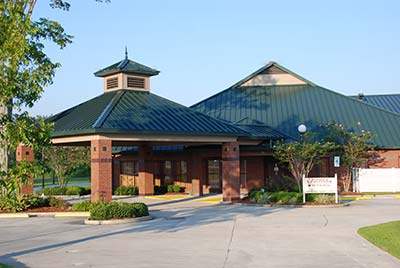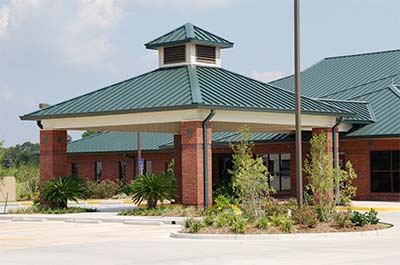Headache & Migraine Q & A's
What symptoms can headaches cause?
By definition, a headache causes pain. It’s often more than that, however. In many cases, the pain is so sharp, throbbing, or pounding that it makes you feel physically ill, too. Many headache sufferers have nausea and vomiting with their worst headaches.
Other symptoms can come into play and make you feel even worse. Many headache sufferers experience light, sound, and smell sensitivity, which is why you may feel like sitting in an isolated, dark cave when headaches strike.
Headache symptoms can combine to make you feel disoriented, confused, exhausted, and hopeless. Although it’s hard to realize while in the throes of the pain, the headache will end eventually. But to keep headaches away long-term, you need pain management help.
When should I get pain management for headaches?
There are a few clear signs that you need help managing your headaches, including:
- Taking over-the-counter headache medication very frequently
- Taking more than the standard dose of headache medication
- Having two or more headaches per week
- Staying in bed or isolating yourself frequently due to headaches
- Missing work, school, or other obligations due to headaches
- Headaches that cause new or changing symptoms
The bottom line is that if your headaches ever feel out of control, overwhelming, frustrating, or scary, you need professional help to manage them. That’s where the Headache & Pain Center,amc team comes in.
How do you treat headaches?
Headache & Pain Center,amc offers a variety of solutions for chronic headaches. The team may recommend changes in nutrition, sleep patterns, and overall lifestyle to minimize headaches as much as possible naturally.
Medication
Some medications can help with headache rescue (drugs taken when headaches start) or prevention (drugs taken daily), but they may not control your headaches effectively enough. Or, you might not be a good candidate for medication.
Nerve blocks
Where other treatments fail, interventional pain management techniques like nerve blocks often succeed. Nerve blocks target the individual nerve involved in your headache pain.
A nerve block prevents that nerve from shooting pain signals to your brain. Nerve blocks generally last 1-2 weeks and then wear off gradually.
Radiofrequency treatments
Another option for chronic headaches is radiofrequency treatment. In this treatment, a controlled low-level current creates a lesion to deactivate the nerve that signals headache pain.
Radiofrequency treatment is longer-lasting than injections, so your doctor may recommend it after you get good results from a nerve block.
Headache help is just a call or a click away. Call Headache & Pain Center,amc or use online scheduling to set up your appointment now.



